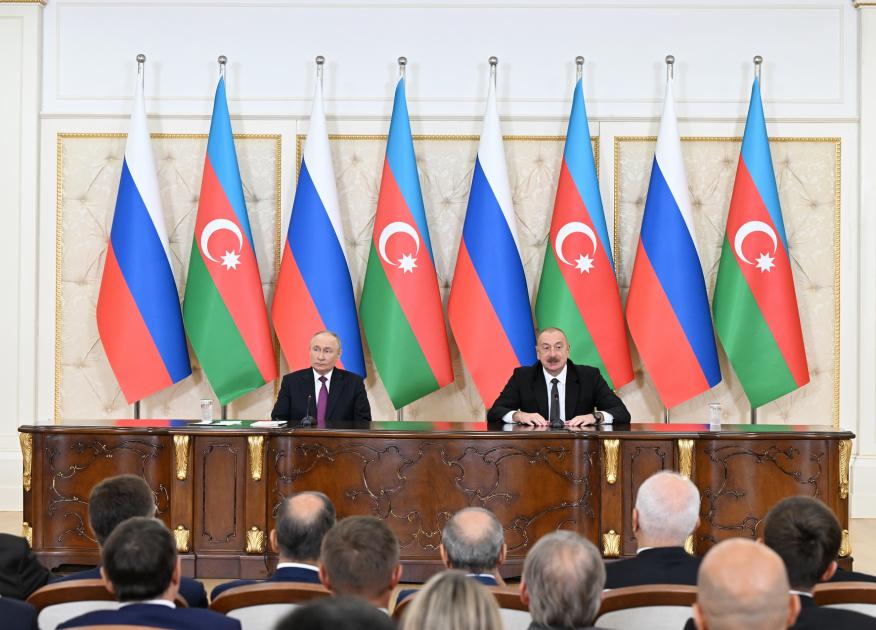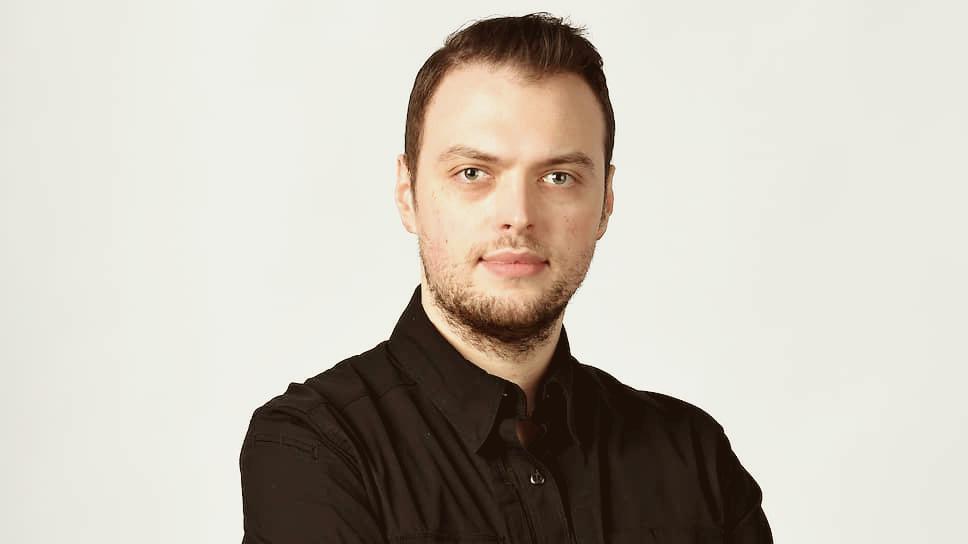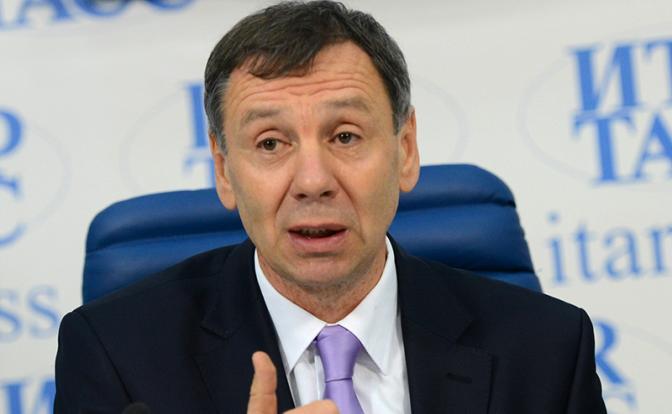Putin's Azerbaijan visit marks strategic shift in South Caucasus relations Baku-Moscow ties burgeoning amid Yerevan’s westward pivot
Russian President Vladimir Putin's state visit to Azerbaijan ended on 19 August. Following the visit, the leaders of the two countries made statements to the press. Azerbaijani President Ilham Aliyev called the visit of the Russian leader a historic event that will make an important contribution to strengthening friendly and allied relations between the countries. Vladimir Putin, in turn, expressed satisfaction with the results of the visit and noted that the agreements reached will serve to further strengthen the strategic partnership between Russia and Azerbaijan. Vladimir Putin's visit to Azerbaijan continues to be one of the most discussed topics in the media, as well as in the Russian expert community.

In this regard, at the request of Caliber.Az, Russian political analysts expressed their opinion on the results of the visit of the Russian president, placing important emphasis on the economic and political aspects of bilateral interaction between Azerbaijan and Russia.
The interlocutor of Caliber.Az news agency, leading expert of the Russian Council on Foreign Affairs Alexei Naumov, believes that Vladimir Putin's visit to Baku confirmed first of all the factor of alliance between Russia and Azerbaijan, and most importantly that the Declaration on allied co-operation is functional.

"President Aliyev stated this directly, and this is a clear and targeted message to those who said that the Declaration does not work, that it needs ratification, and so on. This is the first. Secondly, if we talk specifically about important aspects of the meeting of the leaders, I think the sides were very restrained in talking about gas cooperation, about North-South cooperation, although, undoubtedly, economic interaction, as a rule, depends on political contacts. But I would point out the main thing.
"Russia and Azerbaijan are building a new world order today. However, this does not mean that the allied countries act together in everything, not at all. It means that the allied countries act in their own interests and take into account each other's interests. I believe this is what the new world order looks like. We are used to the idea that if two countries are allies, they should act together in everything, but this approach leads to the appearance of a strong side. This is especially clear in the case of the United States, which imposes its policy on the world.
"In the case of Russia and Azerbaijan, we see a real alliance of two sovereign states that treat each other with an understanding of mutual interests, taking into account subtle nuances - where it is not worth penetrating, and where it is possible to cooperate or, on the contrary, disagree. Fortunately, as of today, there are no serious disagreements between Moscow and Baku, although in theory this can also take place, and this is normal and will not affect the constructive bilateral agenda in any way. Azerbaijan has become Russia's main partner in the South Caucasus, which is especially noticeable against the backdrop of the unacceptable behavior of Armenia and the fluctuations and instability in the Georgian political landscape.
“Unlike these two South Caucasus countries, Azerbaijan is stable and predictable. Moreover, the fact that Azerbaijan has become one of Russia's main partners does not depend directly on the Russian course or the policy of President Putin. The reality is that Ilham Aliyev never acts on orders from the outside, but always pursues the interests of his country. Moscow, in its turn, understands this modus operandi perfectly well. Ilham Aliyev has never betrayed Russia, and never negotiated with its enemies, of course, Moscow appreciates this and seeks to build relations on the same friendly basis. Therefore, I would say that it was a visit of a new type and a new tone, exemplary for many countries in the current world conditions,” Naumov summarised.
Russian expert Alexander Razuvayev believes Azerbaijan is one of the most friendly countries to Russia, as indicated by the following facts.

"First, Azerbaijan does not seek to join NATO and the European Union. Mr Aliyev has publicly stated that Azerbaijan will not supply weapons to Ukraine. Second, about a million people are studying in Russian in Azerbaijan. Azerbaijani President Ilham Aliyev himself is a graduate and former teacher of MGIMO, the son of the first deputy chairman of the Council of Ministers of the USSR - Heydar Aliyev. Thirdly, and most importantly, Ilham Aliyev and Vladimir Putin signed a Declaration on allied cooperation between Azerbaijan and Russia in 2022.
“Bilateral trade and economic cooperation is also at a good level, it is indicative that the volume of trade between Russia and Azerbaijan only in the first half of the year increased by 5.2% compared to the same period in 2023, totaling $2.57 billion. More than 1,270 enterprises with Russian capital operate in Azerbaijan. Transport is another important common sphere. The western section of the North-South international transport corridor runs through Azerbaijan. Russian and Azerbaijani companies produce oil and gas, including on the Caspian Sea shelf, and are engaged in fuel processing and transport.
“In 2024, gas production in Azerbaijan is expected to reach 50 billion cubic meters. It is planned to export 50% of this volume and use the remaining 50% for domestic consumption. At the same time, Azerbaijan can increase exports by purchasing gas from Russia for domestic consumption. That is, Azerbaijan buys gas from Russia at more than comfortable prices, ensuring domestic consumption. At the same time, it dramatically increases exports of its non-sanctioned gas. Europe wants to increase the capacity of the Southern Gas Corridor from 16 to 32 billion cubic meters precisely at the expense of Azerbaijani gas.
“Gazprom is unlikely to be cheaper than the stock exchange prices at current levels, and there may be the first reason to buy the securities of the gas holding company in the hope of good dividends. Gazprom's electricity and oil businesses are in plus, the only problem is with the gas segment. The loss of the European market coincided with a sharp increase in the tax burden, for which Gazprom was not ready. As for the political component of bilateral interaction, Moscow remains ready to support the conclusion of a peace agreement between Baku and Yerevan, the delimitation and demarcation of the Armenian-Azerbaijani border, which began in April.
“Undoubtedly, the hotbed of tension in the South Caucasus is of no use to anyone, and first and foremost to Russia. In my opinion, Armenia's attempts to take revenge in Karabakh with the help of France or another Western country are doomed to failure and may cost Armenia's own statehood. It should be taken into account that the economic and military potential of Armenia and Azerbaijan are not comparable. In case of intervention of a third party in the conflict for the sake of Armenia, Türkiye is also unlikely to remain neutral,” A. Razuvayev believes.
In his turn, Russian statesman and public figure Sergei Markov believes that Vladimir Putin's visit to Azerbaijan recorded the fact that in essence ‘Russia has replaced its main ally and partner - Armenia in the South Caucasus.

“For more than thirty years, Armenia has been a difficult, but still the main regional ally of Russia. The fact that Armenia has turned towards the West and is demonstrating anti-Russian policies, and the West, in turn, has taken a pro-Armenian and anti-Azerbaijani stance, has actually pushed Moscow and Baku towards even greater rapprochement and strategic alliance.
I believe that under such circumstances, Azerbaijan will refuse mediation by the West in the Armenian-Azerbaijani settlement. Azerbaijan may agree to mediation by the West if the West, along with good relations with Armenia, supports Azerbaijan's conditions on all key issues of the peace agreement. If the West continues its previous anti-Azerbaijani policy, its role as a mediator in the Armenian-Azerbaijani settlement will be blocked by Baku. I believe Azerbaijan will do it very gently and diplomatically,” S. Markov summarised.








